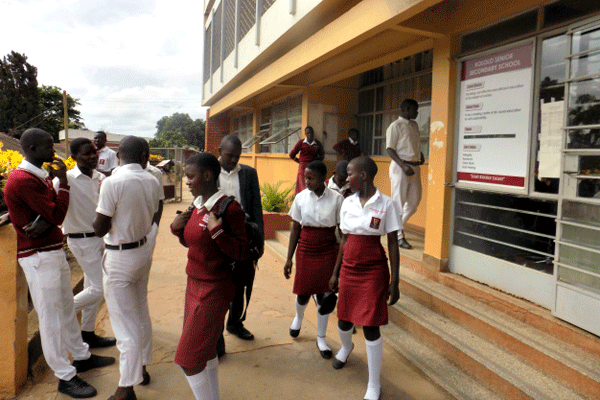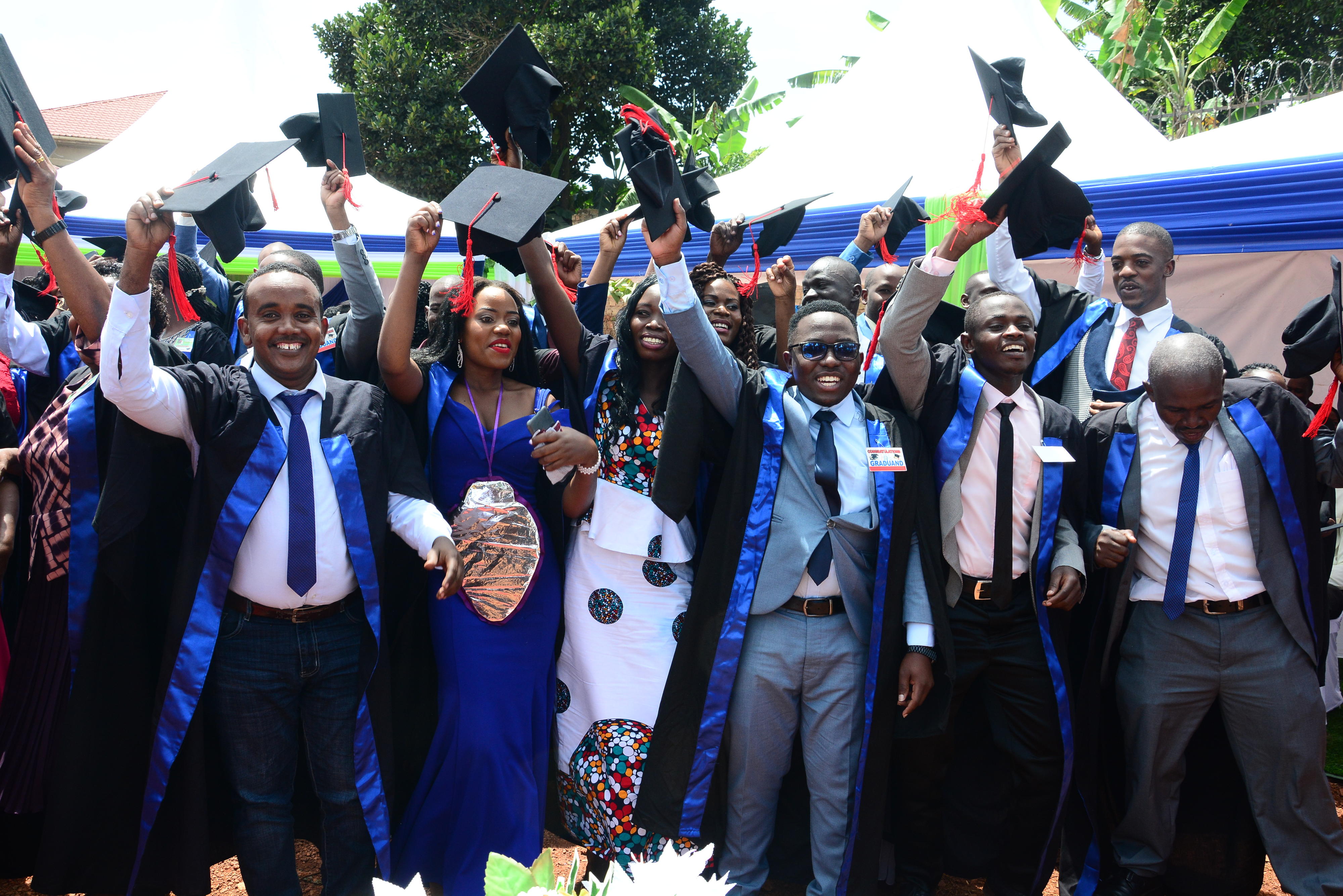Kololo SS to represent Uganda at world innovation challenge

Students at Kololo SS in the past. PHOTO/FILE/HANDOUT
What you need to know:
- Students took part in activities, including debate, public speaking and different conference sessions.
- On the eve of the final innovation challenge, students had to present different innovative ideas and projects to combat climate change.
Kololo Senior School has won $3,000 (about Shs11m) in the National Innovation Challenge to represent Uganda and East Africa at World Company Challenge in Nigeria next month after defeating more than 10 schools.
While closing the tournament on Friday, Mr Allan Kinani, the works development and training officer, said the school will contribute solutions towards a sustainable future and alleviating the devastating effects of climate change.
“Kololo SS will join other students from Brazil, Greece, Hungary, Indonesia, Mexico, Nigeria, and Vietnam to ideate and innovate creative solutions to ensure a more just and sustainable future for the planet,” Mr Kinani said.
The innovation challenge aims at raising awareness among youth about climate change-induced consequences for their communities and calls for climate adaptation and a just transition
Other schools that participated include King’s College, Budo, Aga Khan High School, Makerere College, Forest Hill College, St Mary’s College Kisubi, Hana International, and Wampewo Ntake Senior Secondary School.
The challenge was organised under the theme; “Young Voices for a sustainable future.”
Over the five days, students discussed topics from, among others, the appropriate curriculum that is suited for Uganda’s development needs to what a just tax system that can enable the development of the country’s SME sector would look like.
Organised by Junior Achievement Uganda and BSAF, one of the world’s leading chemical companies at MoTIV Uganda (Innovation Village), the championship is the climax of the society’s annual schools programme which involves debate training and competitions in different regions of the country, from which schools qualify for the national finals.
This year’s innovation challenge attracted more than 100 students from 10 schools in the northern, eastern, western and central regions.





